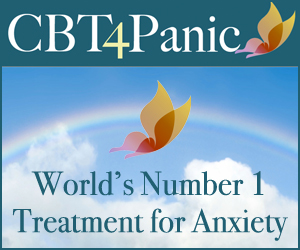What is the most common mental health issue in 2024?
As of 2024, the most common mental health disorder among adults in the United States is anxiety disorders. According to the National Institutes of Health (NIH), approximately 19.1% of adults have experienced an anxiety disorder within the last year. This category includes various types of anxiety disorders such as generalized anxiety disorder (GAD), panic disorder, social anxiety disorder, and specific phobias.
Types of Anxiety Disorders
- Generalized Anxiety Disorder (GAD): Characterized by chronic and excessive worry about various aspects of life, such as health, work, and social interactions.
- Panic Disorder: Involves recurrent and unexpected panic attacks, which are sudden periods of intense fear or discomfort.
- Social Anxiety Disorder: Marked by significant anxiety and discomfort in social situations, leading to avoidance of such scenarios.
- Specific Phobias: Intense fear of specific objects or situations, such as heights, flying, or spiders.
Contributing Factors
- Genetic Predisposition: Family history of anxiety disorders can increase the likelihood of developing similar conditions.
- Environmental Stressors: Stressful life events, such as trauma or major life changes, can trigger or exacerbate anxiety disorders.
- Biological Factors: Imbalances in brain chemistry and function, particularly involving neurotransmitters like serotonin and dopamine, play a role in anxiety disorders.
- Personality Traits: Certain personality traits, such as being more prone to worry or having a tendency towards perfectionism, can contribute to anxiety disorders.
Treatment and Management
- Therapy: Cognitive-behavioral therapy (CBT) is a common and effective treatment for anxiety disorders, helping individuals to identify and change negative thought patterns and behaviors.
- Medication: Antidepressants, such as selective serotonin reuptake inhibitors (SSRIs), and anti-anxiety medications can be prescribed to manage symptoms.
- Lifestyle Changes: Regular physical activity, adequate sleep, a healthy diet, and stress management techniques can help reduce anxiety symptoms.
- Support Networks: Having a strong support system of family, friends, or support groups can provide emotional support and help in managing anxiety.
Understanding the prevalence and impact of anxiety disorders is crucial for promoting mental health awareness and ensuring that those affected receive the appropriate care and support.



